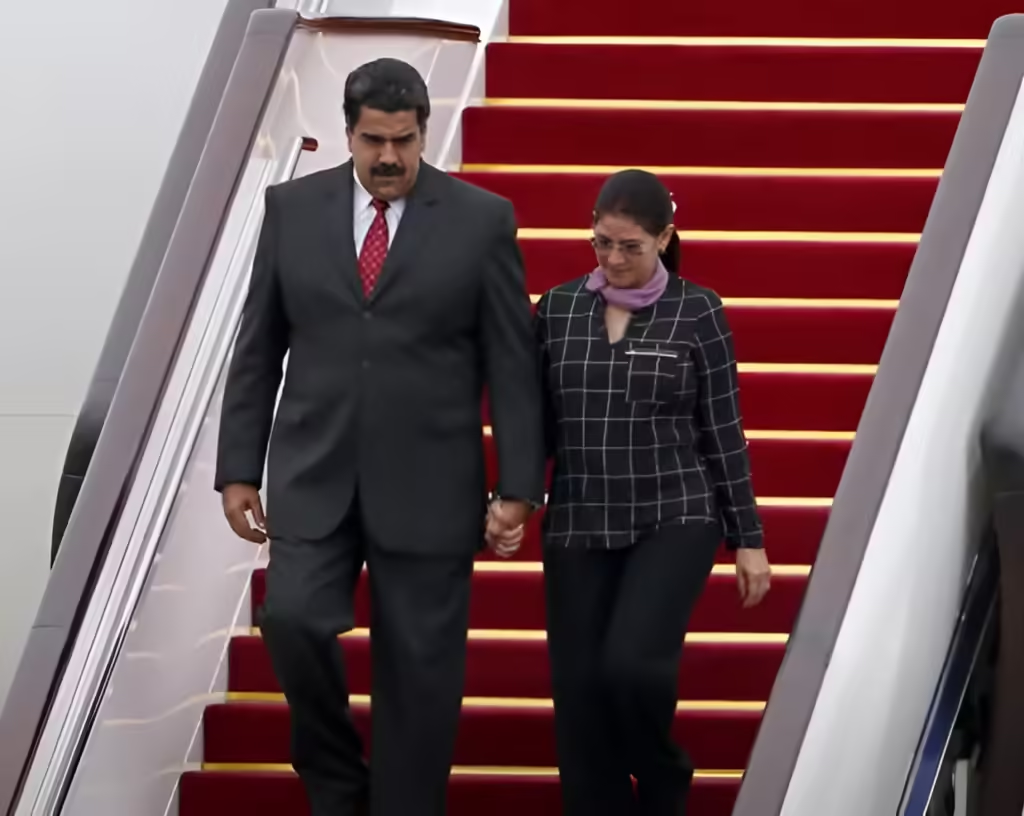A Venezuelan court has issued an arrest warrant for opposition leader Edmundo Gonzalez, accusing him of forgery of legal documents and sabotage. This action marks a significant escalation in the ongoing political crisis in Venezuela, where President Nicolás Maduro’s government is cracking down on any dissent following his controversial re-election.
The arrest warrant comes after Gonzalez failed to appear before prosecutors three times to answer questions related to the election. According to the public prosecutor, Gonzalez is accused of serious crimes, including document falsification, instigation of disobedience, and sabotage of the country’s systems. These charges are vehemently denied by the opposition, which argues they are politically motivated.
The international community, including the United States, the European Union, and several South American countries, has refused to recognize Maduro’s presidency, citing the lack of transparency and credible evidence regarding the election results. The opposition claims that their leader, Gonzalez, won the election by a significant margin of over 30%, based on their published voting data.
The situation in Venezuela has further escalated with the U.S. Department of Justice recently seizing a plane owned by Maduro, which is considered Venezuela’s equivalent to Air Force One. The $13 million aircraft was allegedly purchased through a shell company and moved to Florida after being found in the Dominican Republic. This move underscores the U.S. stance against Maduro, whom they accuse of narco-terrorism and criminal activities.
From Tragedy to Triumph: Ali Truitt’s Inspirational Journey to the 2024 Paralympics
The arrest warrant for Gonzalez could potentially lead to house arrest due to his age, as Venezuelan law prohibits individuals over 70 from serving jail sentences. Gonzalez, who just turned 75, may be placed under house arrest if convicted. However, his legal options appear limited due to his non-appearance in court.
These developments are expected to have significant implications for U.S. policy on Venezuela. The Biden Administration has emphasized the need for stability in the region to curb migration from Venezuela, which is facing a severe humanitarian crisis. With over 8 million Venezuelans already having fled the country, and more potentially planning to leave if Maduro remains in power, the situation poses a major challenge for U.S. and international policymakers.
Danny Bahar, a senior fellow at the Center for Global Development, highlights the importance of international efforts to pressure Maduro’s government into a democratic transition. He suggests that further sanctions and actions, potentially involving the International Criminal Court, could be next steps in addressing the political crisis.
As Venezuela faces growing international scrutiny and pressure, the coming weeks will likely see further developments as the country grapples with deepening political and economic challenges.

